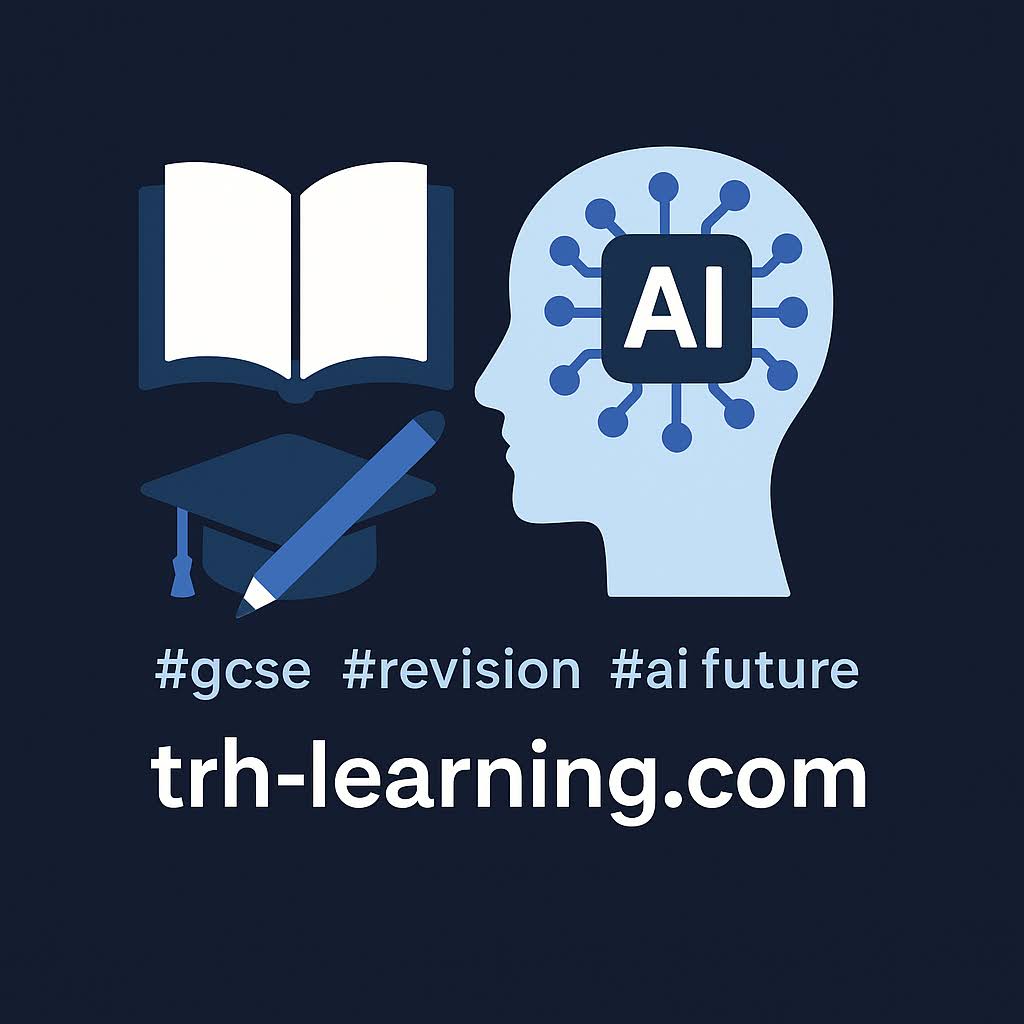How to Create an Effective GCSE Revision Timetable (and Actually...
A step-by-step guide with downloadable templates, tips for balancing subjects, avoiding procrastination, and using digital tools, essential for all students ...
Creating an effective GCSE revision timetable is crucial for students looking to maximize their study time and achieve their academic goals. In this comprehensive guide, we will walk you through the steps to create a personalized timetable that suits your needs and helps you stay on track. We will also provide tips on how to balance different subjects, avoid procrastination, and utilize digital tools to enhance your revision process.
Step 1: Assess Your Current Schedule and Commitment Level Before diving into creating a revision timetable, take some time to assess your current schedule and determine how much time you can realistically dedicate to revision each day. Consider your school timetable, extracurricular activities, and any other commitments that may impact your study time. Be honest with yourself about your commitment level and set realistic goals for your revision sessions.
Step 2: Choose a Format for Your Timetable There are various formats you can use to create your revision timetable, such as a weekly planner, a daily schedule, or a monthly calendar. Choose a format that works best for you and allows you to clearly see your study sessions at a glance. You can also use online tools or apps to create a digital timetable that can be easily accessed and updated.
Step 3: Allocate Time for Each Subject Divide your revision time among the different subjects you need to study for your GCSE exams. Consider the importance of each subject, your strengths and weaknesses, and any upcoming exams or deadlines. Allocate more time to subjects you find challenging and less time to subjects you are more confident in. Remember to include breaks in your timetable to avoid burnout.

Step 4: Set Specific Goals for Each Study Session To make your revision sessions more productive, set specific goals for each study session. This could be completing a certain number of practice questions, reviewing a specific topic, or summarizing key concepts. Setting goals will help you stay focused and motivated during your study sessions.
Step 5: Avoid Procrastination and Stay Motivated Procrastination is a common challenge when it comes to revision, but there are strategies you can use to stay motivated and avoid distractions. Break down your study sessions into smaller tasks, use the Pomodoro technique to work in focused intervals, and reward yourself after completing a study session. Remember to stay positive and remind yourself of your academic goals.
Step 6: Use Digital Tools to Enhance Your Revision There are many digital tools and resources available to help you enhance your revision process. Consider using apps for flashcards, mind mapping, or time management. You can also use online resources such as past papers, revision guides, and video tutorials to supplement your study materials. Experiment with different tools to find what works best for you.
By following these steps and tips, you can create an effective GCSE revision timetable that helps you stay organized, focused, and on track to achieve success in your exams. Remember to be flexible and adjust your timetable as needed to accommodate changes in your schedule or study priorities. Good luck with your revision!
Browse Categories 📚
Ready to boost your learning? Explore our comprehensive resources above, or visit TRH Learning to start your personalized study journey today!